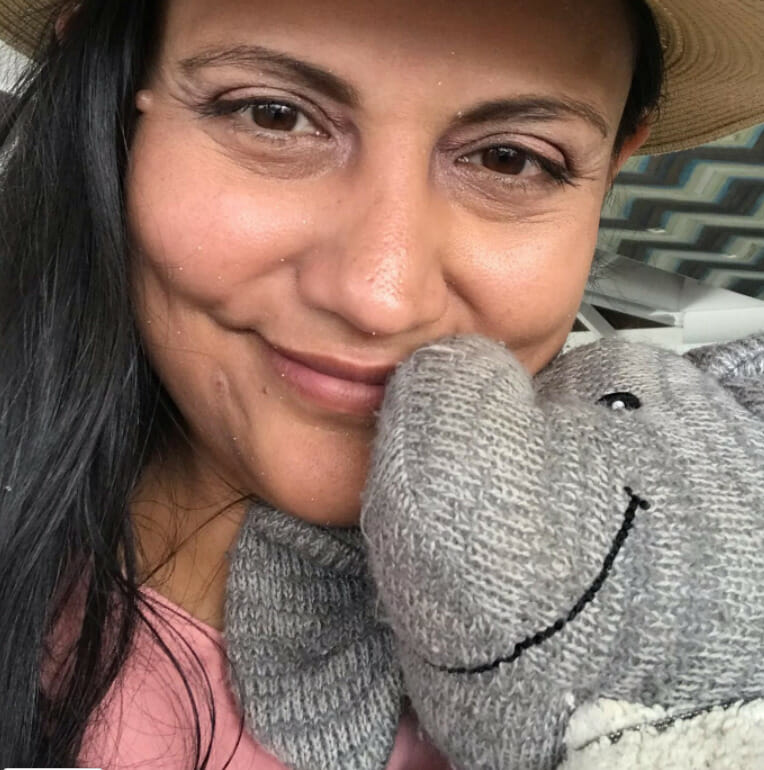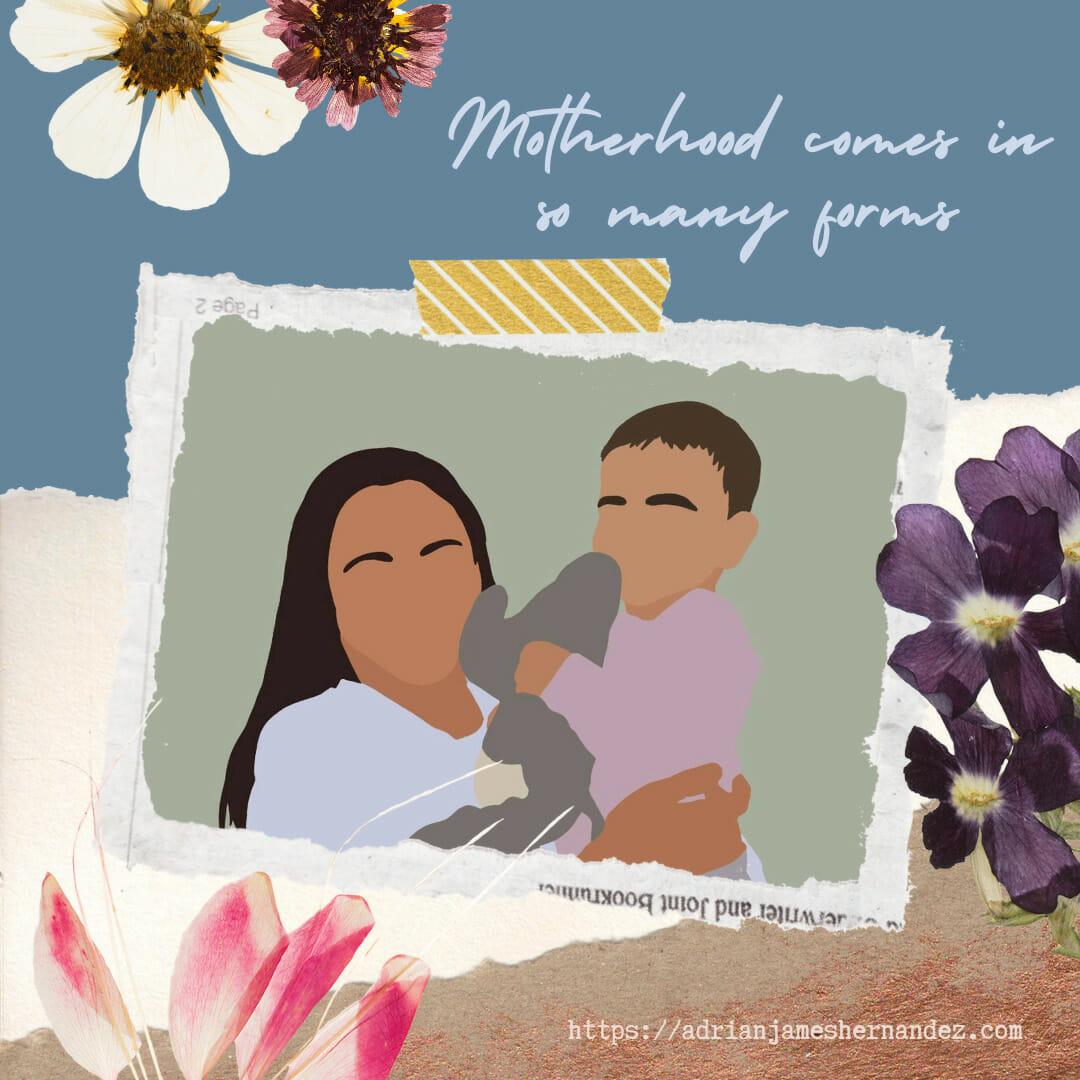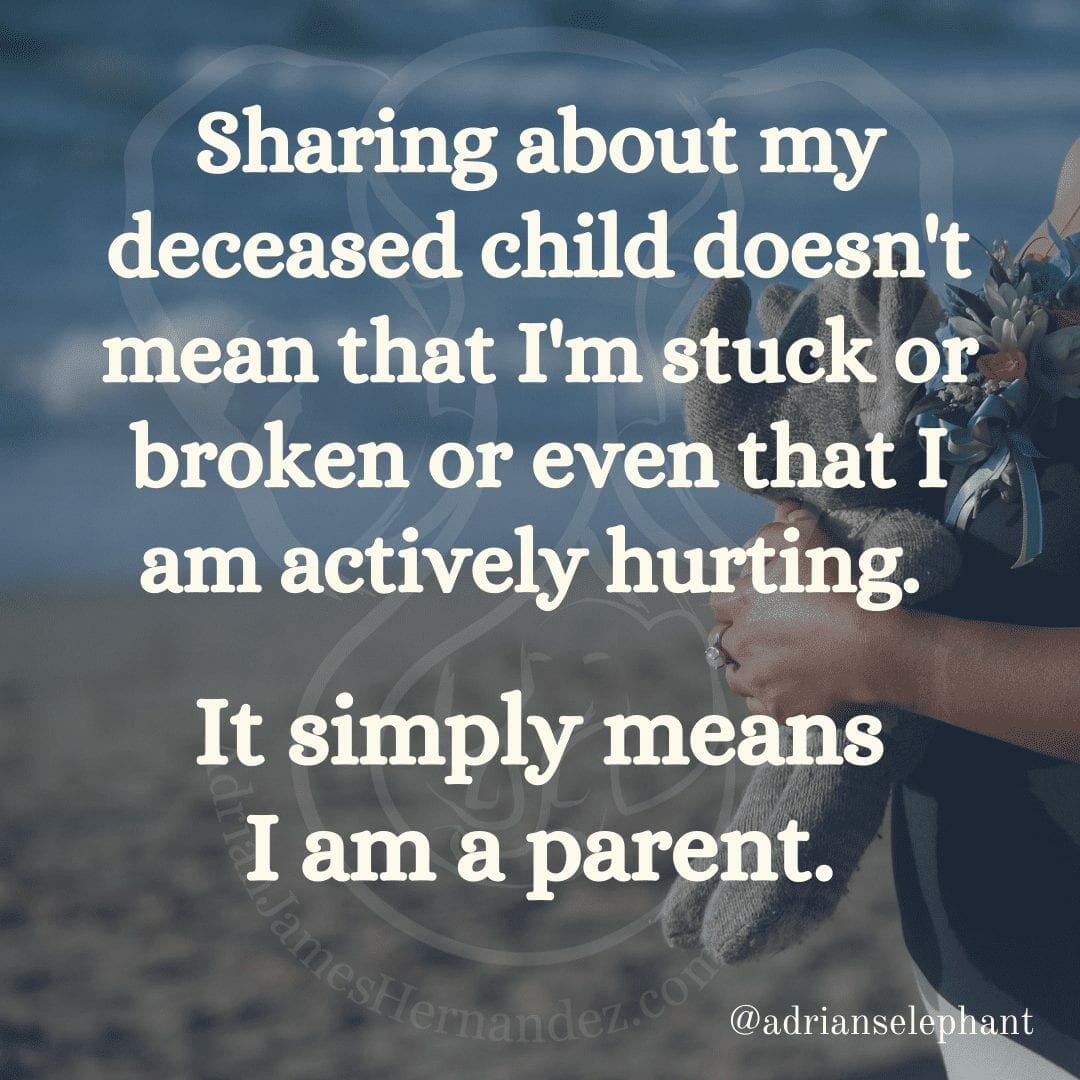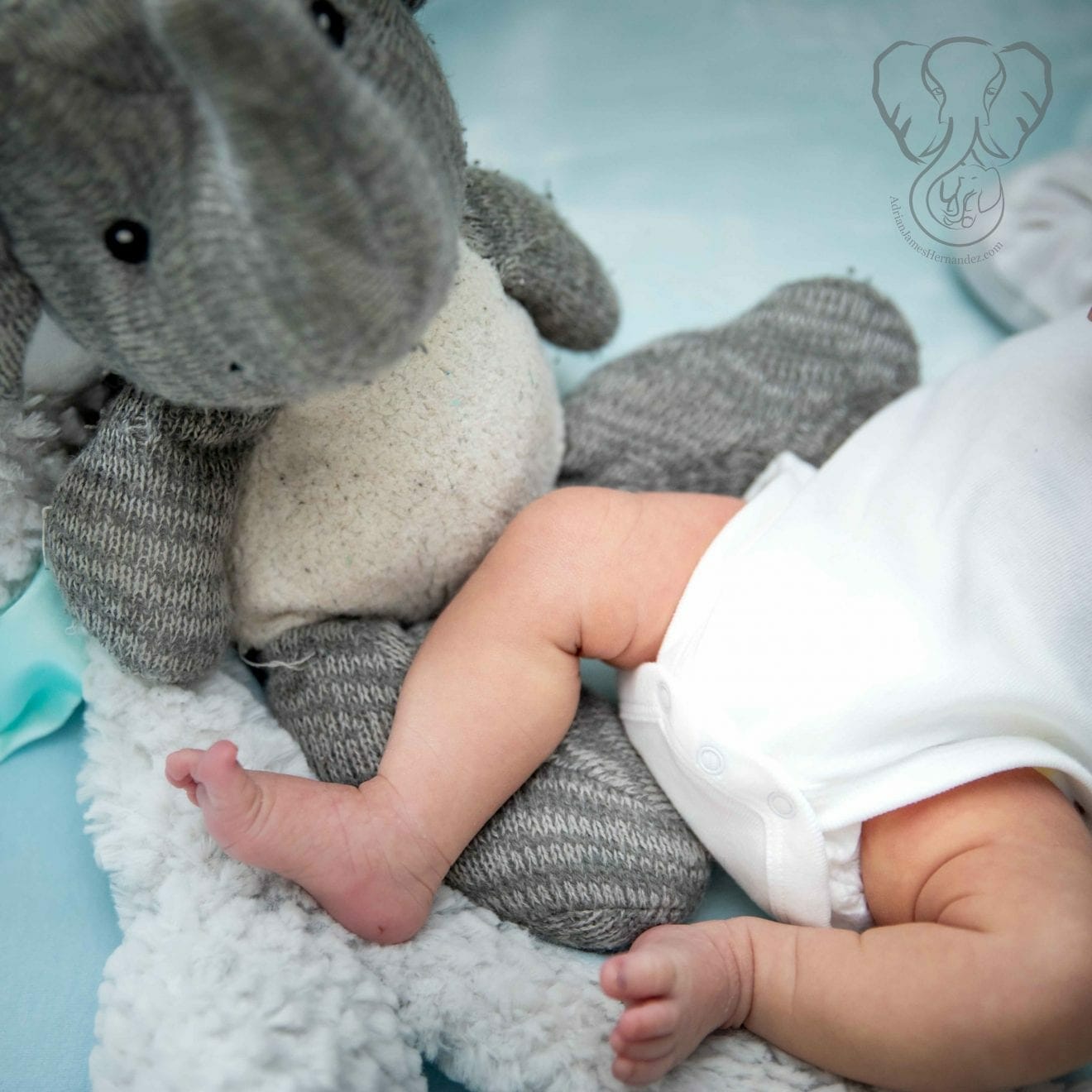I’ve been working from home these days, and Peanut and I will sometimes watch PBS. I grew up on Sesame Street, which she loves. We are also exploring new shows, like Daniel Tiger.
For the most part, I love Daniel Tiger. It’s a cute show with some deeper elements, and some generally great life lessons. They talk about ways to acknowledge and work with our emotions. They also never call anything negative or bad, and I think that’s so important.
There are two areas, though, in which the show gets it wrong, and unfortunately these are big ones for me.
The first one came up in the very first episode. Daniel was disappointed by a series of unfortunate events (including the smashing of his birthday cake!), and his disappointment is understandable. But instead of simply acknowledging the events as frustrating, Daniel’s mom asked Daniel to find something good about his experience, and honestly—ugh. Why is that an automatic corollary? Why is it necessary to identify good features inside of our frustrations? Because as regular readers of my blog will understand, not everything has a good feature. And if you are going to teach resilience skills to small humans, it’s important to acknowledge that. It’s important to teach children how to deal with major issues, and I believe that can only start by acknowledgment that sometimes things don’t have a positive side*.
It’s not bad to say so either; it’s simply real.
Because this happened in the very first episode, I almost stopped watching the show after this. I did turn it off for a while, but TV options are limited, and I’m glad we gave it another shot. Many of the following episodes were pretty great. They even had an episode about death, which is something children are often shielded from, and unnecessarily.
Related: Special Topics: Death Positivity
And then I ran into the second piece that was problematic—in an effort to help children with separation anxiety, they made a giant misstep with the phrase, “Grown-ups come back.” And yes, I will acknowledge the phrase was intended for a specific purpose. They were talking about grownups who have gone to their day job, or gone to the store. They were talking to children who were worried about being separated from their grown ups, because children don’t always understand permanence, and separations can be scary. I understand this. I understand the intentions. But in a show that gets a lot of stuff right, this one was unfortunately wrong. It was wrong, because this statement promises something it cannot guarantee.
And again, if you are a regular reader of this blog, you will understand what I’m talking about. Because death is often unexpected. Accidents certainly are not planned. And while a majority of adults who go to the grocery store are fully intending to return, and quickly, sometimes we experience the unexpected. Sometimes that return becomes impossible. And all I can think about, is how many children must have internalized this phrase and the accompanying song. All I can think about is how many children are finding out, every day, that their grown ups are not actually coming home. All I can think about is the number of adults, like myself, who are horribly saddened by this unfortunate phrasing, and by the number of children we know who are going to think of this moment in Daniel Tiger with pain.
Daniel Tiger, for the most part I love you. I think you make an effort where other shows often fail. But you are not without your individual failures. And these are two of the big ones. Something to think about.
~
* To be fair, in a later episode, Daniel is asked if he can find something good in another bad situation, and when he says no, his answer is accepted. My point, though, is that he should never have been asked the question to begin with. Positivity and bright siding should always be an individual choice. Even for children. In fact, I would say especially for children. They are people too.








































































































































































